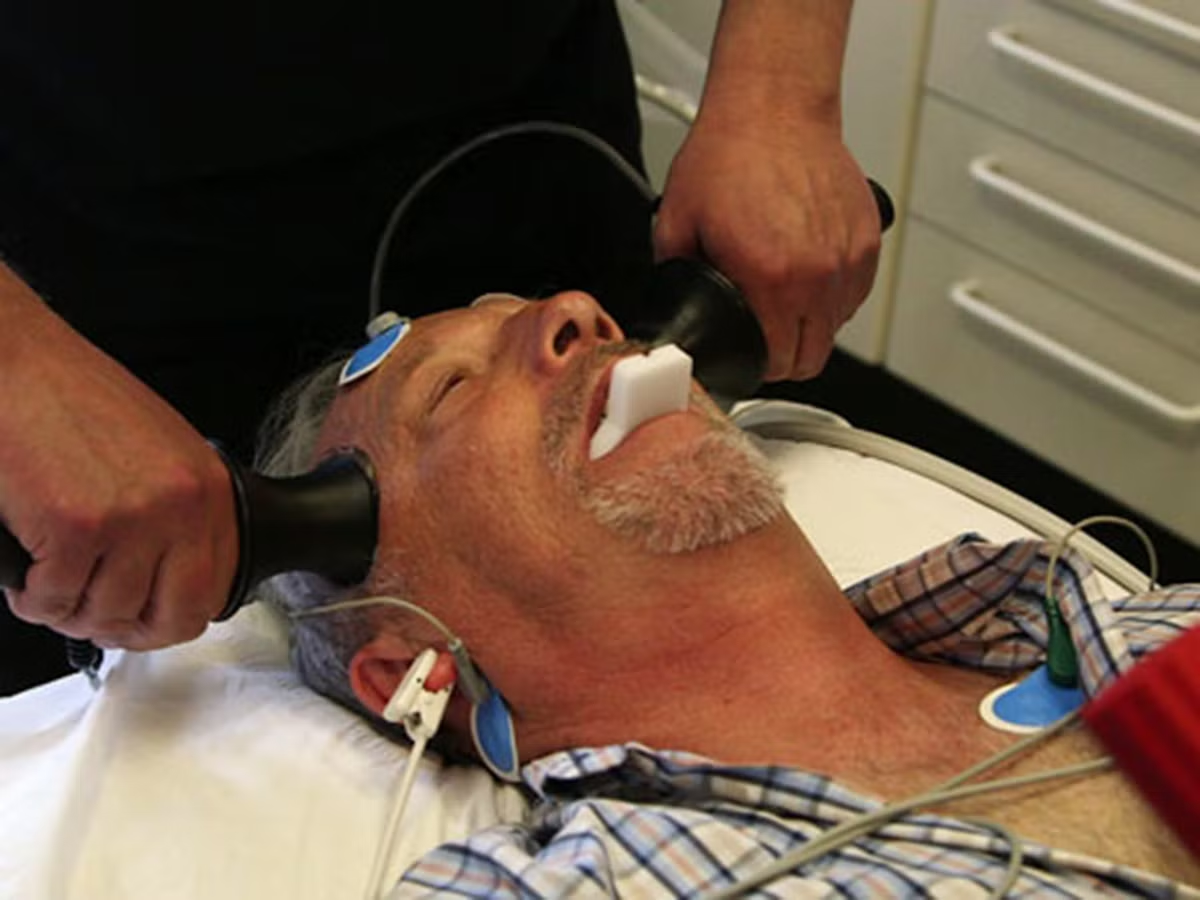- Home
- Medical news & Guidelines
- Anesthesiology
- Cardiology and CTVS
- Critical Care
- Dentistry
- Dermatology
- Diabetes and Endocrinology
- ENT
- Gastroenterology
- Medicine
- Nephrology
- Neurology
- Obstretics-Gynaecology
- Oncology
- Ophthalmology
- Orthopaedics
- Pediatrics-Neonatology
- Psychiatry
- Pulmonology
- Radiology
- Surgery
- Urology
- Laboratory Medicine
- Diet
- Nursing
- Paramedical
- Physiotherapy
- Health news
- Fact Check
- Bone Health Fact Check
- Brain Health Fact Check
- Cancer Related Fact Check
- Child Care Fact Check
- Dental and oral health fact check
- Diabetes and metabolic health fact check
- Diet and Nutrition Fact Check
- Eye and ENT Care Fact Check
- Fitness fact check
- Gut health fact check
- Heart health fact check
- Kidney health fact check
- Medical education fact check
- Men's health fact check
- Respiratory fact check
- Skin and hair care fact check
- Vaccine and Immunization fact check
- Women's health fact check
- AYUSH
- State News
- Andaman and Nicobar Islands
- Andhra Pradesh
- Arunachal Pradesh
- Assam
- Bihar
- Chandigarh
- Chattisgarh
- Dadra and Nagar Haveli
- Daman and Diu
- Delhi
- Goa
- Gujarat
- Haryana
- Himachal Pradesh
- Jammu & Kashmir
- Jharkhand
- Karnataka
- Kerala
- Ladakh
- Lakshadweep
- Madhya Pradesh
- Maharashtra
- Manipur
- Meghalaya
- Mizoram
- Nagaland
- Odisha
- Puducherry
- Punjab
- Rajasthan
- Sikkim
- Tamil Nadu
- Telangana
- Tripura
- Uttar Pradesh
- Uttrakhand
- West Bengal
- Medical Education
- Industry
Electroconvulsive therapy beneficial for improving symptoms of mania: JAMA

Electroconvulsive therapy is beneficial for improving symptoms of mania according to a recent study published in the JAMA Network Open.
Knowledge of the effectiveness of electroconvulsive therapy (ECT) in the treatment of manic episodes is based on clinical experience, but empirical evidence is scarce. Moreover, prognostic factors associated with response to ECT in patients with mania are poorly understood.
A study was conducted to investigate the response to ECT in patients with manic episodes.
This nationwide, register-based observational cohort study was conducted using data from patients admitted to psychiatric departments in Sweden that reported data to the Swedish National Quality Registry for ECT (Q-ECT). Patients admitted to any hospital in Sweden and receiving ECT for a manic episode between 2012 and 2019 were considered for inclusion (605 individuals). The outcome, the Clinical Global Impression Improvement scale (CGI-I) score, was available in 571 patients. Data from several national registers were combined to determine clinical and sociodemographic factors. Analysis of data occurred from April through September 2021.
Response to ECT was defined by a CGI-I score of 1 (very much improved) or 2 (much improved). Remission was defined as a Clinical Global Impression Severity scale (CGI-S) score of 1 (reference range or not ill) or 2 (minimally ill) within 1 week after ECT. Univariate and multivariable regression models were used to investigate associations of sociodemographic factors, psychopharmacology, and comorbidities with a response.
Results:
- Among 571 patients with mania treated with ECT, 482 patients (84.4%) responded to ECT.
- Comorbid anxiety and obsessive-compulsive disorder (OCD) were associated with lower odds of response to ECT.
- Patients who were markedly ill, severely ill, or among the most extremely ill according to CGI-S score had higher odds of response than those with mild or moderate illness.
This study found that ECT was associated with improvement for mania in clinical settings, with especially high response rates in patients with severe illness and those without comorbid anxiety or OCD.
Reference:
Popiolek K, Bejerot S, Landén M, Nordenskjöld A. Association of Clinical and Demographic Characteristics With Response to Electroconvulsive Therapy in Mania. JAMA Netw Open. 2022;5(6):e2218330. doi:10.1001/jamanetworkopen.2022.18330
Keywords:
Electroconvulsive, therapy, beneficial, improving, symptoms, mania, association, clinical, demographic, characteristics, response, Mania, Katarzyna Popiolek, Susanne Bejerot, Mikael Landén, Axel Nordenskjöld, jama network open
Dr. Shravani Dali has completed her BDS from Pravara institute of medical sciences, loni. Following which she extensively worked in the healthcare sector for 2+ years. She has been actively involved in writing blogs in field of health and wellness. Currently she is pursuing her Masters of public health-health administration from Tata institute of social sciences. She can be contacted at editorial@medicaldialogues.in.
Dr Kamal Kant Kohli-MBBS, DTCD- a chest specialist with more than 30 years of practice and a flair for writing clinical articles, Dr Kamal Kant Kohli joined Medical Dialogues as a Chief Editor of Medical News. Besides writing articles, as an editor, he proofreads and verifies all the medical content published on Medical Dialogues including those coming from journals, studies,medical conferences,guidelines etc. Email: drkohli@medicaldialogues.in. Contact no. 011-43720751


